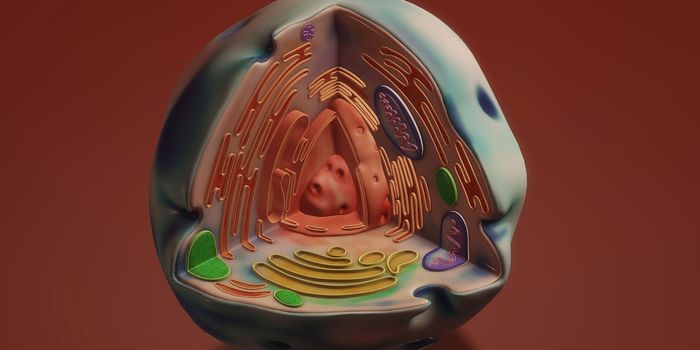The Benefits of a Vegetarian Diet May Depend on Genetics
There are many healthy foods and diets, and vegetarianism is one option. Vegetarian diets, which eliminate beef, chicken, pork and other animal meats, can reduce the risk of obesity, high blood pressure, heart disease, diabetes, and cancer; they are also less harmful to the environment than meat-based diets. A new study has found, however, that the benefits of a vegetarian diet may depend on a person's genetics. The findings have been reported in PLOS Genetics.
In this study, the researchers assessed genetic and health data from 150,000 individuals. They determined that 2,300 of these people followed a strict vegetarian diet, and investigated the intersection of health, genetics, and diet.
They determined that most vegetarians had lower levels of cholesterol, whether LDL (so-called 'bad' cholesterol) or HDL cholesterol, which helps explain why vegetarian diets are associated with improved cardiovascular health. But there were also lower levels of vitamin D among vegetarians, which might have negative influences on bone heath and immune function. Vegetarians also tended to have higher levels of triglycerides, which could raise the risk of cardiovascular disease in some people.
The genes we carry often have small sequence changes from one individual to another; those changes can have a wide variety of effects. They may not be detrimental but could still affect health sometimes, or influence other genes. When a genetic component was included in this analysis, the researchers determined that some genetic variants affected health outcomes in vegetarians.
For example, there are a variants of the gene called MMAA, which is related to calcium metabolism. Although most vegetarians tended to have lower levels of calcium, carriers of one MMAA variant had higher levels of calcium. So they may have better bone or dental health than other vegetarians, or might be more likely to have kidney stones, one side effect of abnormally high calcium levels.
Vegetarians also had lower testosterone levels, unless they carried a specific genetic variant, which led to higher testosterone levels.
There was also a genetic variant linked to kidney filtration and function. Carriers of a minor variant had lower filtration rates than most other vegetarians.
"We are building a scientific foundation for personalized nutrition, which optimizes human health at the level of the individual, instead of one-size-fits-all dietary recommendations," said first study author Michael Francis, PhD, of the University of Georgia.
Francis suggested that people with certain nutritional needs may benefit from testing to determine if they carry any of these variants.
More research will help scientists learn more about the interplay between genetics and diet, in a burgeoning field known as nutrigenetics.
Sources: University of Georgia, PLOS Genetics









